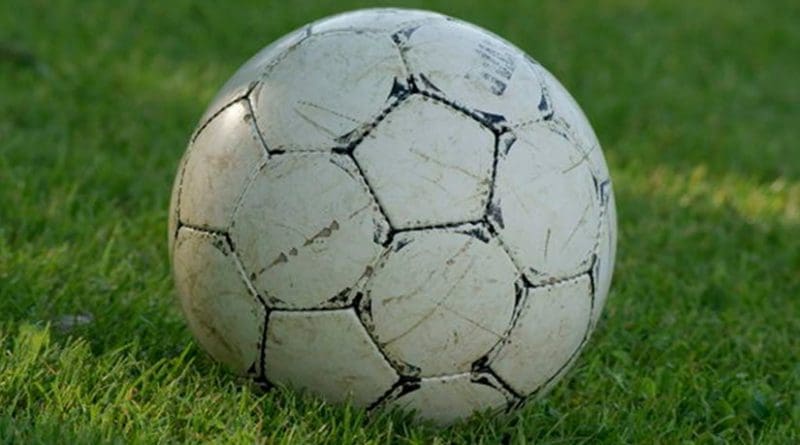Euro 2016 Draw: Tough, Tricky And Easy Groups
There was a lot of dancing and talking and awkwardness, of course, but eventually the draw for the first 24-team Euro got done.
UEFA president Michel Platini wasn’t allowed into the building, courtesy of his interim corruption suspension, even though next summer’s soccer bonanza will take place in his home country. And when some footage of him as a player was shown, and his nine-goal performance at the 1984 edition – also in France – was mentioned, it made things all the more uncomfortable.
And then there’s the sex scandal hanging over the French team, which has had to suspend star striker Karim Benzema indefinitely for his alleged involvement in an extortion plot over a sex tape of teammate Mathieu Valbuena. Which is not to mention the extra security at the Palais des Congrès in Paris, in the wake of the terrorist attacks there, not quite a month ago.
But all of those peripheral stories became subplots once the little balls had been pulled from the bowls, because they revealed several fascinating scenarios and matchups. The 24 teams were drawn into six groups. After a round-robin, the top two teams will qualify automatically and the four best third-placed teams will join them in the round of 16. From then on, the tournament will be a straight one-and-done knockout.
So let’s break it down.
The hardest group is … Group E (Belgium, Italy, Ireland, Sweden).
When the four pots were announced, there was one obvious country to avoid in Pot 2: Italy, the losing finalists in 2012. And while the Azzurri aren’t as strong as they were then, nobody wanted them in their group. But they landed in the batch with rising powers Belgium, which means there are two strong group winners from the qualifying stages in this group, along with playoff winners Ireland and Sweden, led by the indomitable Zlatan Ibrahimovic.
Also tricky are … Group B (England, Russia, Wales, Slovakia), Group C (Germany, Ukraine, Poland, Northern Ireland) and Group D (Spain, Czech Republic, Turkey, Croatia).
The English got lumped in with their historical rivals Wales, which means Real Madrid’s Gareth Bale – who might have never made it to a major tournament if the Euro hadn’t been expanded – will get to face the Premier Leaguers he tormented for years. Russia has the second-highest UEFA coefficient in Pot 2. Slovakia finished second in a qualifying group with Spain and managed to beat the two-time defending champions at home.
The jury is out on how Germany did. The defending world champions and early favorites drew three tricky teams in an underrated Ukraine team, a Polish side anchored by Robert Lewandowski – whose 13 goals led qualifying and might well make him the best striker in the game at the moment – and a plucky Northern Ireland.
Spain, meanwhile, who won this thing in 2008 and 2012 wedged around the 2010 World Cup title, probably won’t be delighted with its lot, either. The Czech Republic and Turkey each had the highest coefficients in Pots 3 and 4, respectively. The Turks managed to keep the Netherlands out of this tournament in a stacked qualifying group, which the Czech Republic actually won. The Croatians sport some of the finest midfield technicians in the game in Luka Modric, Ivan Rakitic and Mateo Kovacic, who supplies Juventus striker Mario Mandzukic up front.
The cupcake groups are … Group A (France, Romania, Albania, Switzerland) and Group F (Portugal, Iceland, Austria, Hungary).
Given all of their challenges, the French could hardly have hoped for better fortune. Although Switzerland, Romania and Albania all qualified directly, none of them won their groups. And none of them should have the talent to really trouble France – especially not the Albanians, who’ll be making their debut and by all media accounts bought most of their qualifying matches.
The Portuguese have fallen off in recent years and had a desperately disappointing 2014 World Cup – wherein they didn’t survive their group with the United States, Germany and Ghana. But Cristiano Ronaldo won’t complain about Austria, Hungary and Iceland standing in his way of perhaps shining on a big international stage one last time. Of those teams, only Iceland poses a threat, and the tiny island nation has never been to a Euro before.

